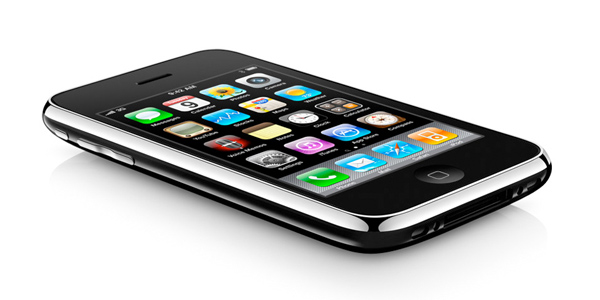The Best Apps for Your Health, Part 1: Calorie Counters

Had a New Year's resolution to get healthier? Whether your goal is still going strong or imploded two weeks ago, there was probably an app for that.
Smartphone applications (apps) present opportunities for us to keep easier track of our health and fitness, in hopes of making it more likely that we'll reach our goals.
But sorting through all the calorie counters, training schedules and fitness programs can be daunting. MyHealthNewsDaily asked a variety of health and fitness experts for their opinions on what works and what doesn't among the popular apps of 2011.
Here's what they had to say about calorie counters:
Weight loss might be a simple equation of burning more calories than you consume. But figuring the calorie count of a plate of casserole leftovers is easier said than done.
Enter the calorie-counting apps.
Most calorie-counting apps include a log that tallies daily food entries against a calorie goal. For instance, the free calorie-counting app "Lose It" includes several features in many popular calorie counters: an intuitive interface; charts of progress toward weight and food goals; and some element of social media.
Get the world’s most fascinating discoveries delivered straight to your inbox.
Lose It! (iOS) users must enter in their weight, goal weight, age and activity level to begin. Each meal adds calories to the budget, every logged exercise activity subtracts it. If a user chooses to make his or her profile public, then "friends" will be alerted to each other's calorie count and weight updates.
Other popular calorie-counting apps often include one or two unique features to the basic combination of a food database and calorie tracker.
The livestrong.com's CalorieTracker app costs $2.99 (on iOS or Blackberry) and touts a calorie-count database of 625,000 food and restaurant items.
The Calorie Counter by FatSecret (Android, BlackBerry and iOS) includes a barcode scanner to automatically upload nutrition labels.
The Tap&Track app (available for iOS) lets users set specific fat or carb budgets alongside the calorie budgets.
"I have a lot of clients who are getting into it," said Marjorie Nolan, a registered dietitian and a national spokeswoman for the American Dietetic Association. "The one thing I will say with all of them is that I think they could be really helpful or really unhelpful because it's not just about the calories."
Nolan recalled a particularly bad case of calorie-counting misuse in a male patient. The patient was both overweight and had high blood pressure, and he often ate frozen low-calorie dinners as an easy way to keep his calorie count down. However, the dinners were extraordinarily high in salt, exacerbating his high blood pressure.
"They [popular calorie apps] are good for a general user, but the app still needs to be closely monitored for someone who has medical problems," Nolan said. "It doesn't replace a dietitian or a diabetes educator."
And no matter the app's features, a good calorie count can depend on the individual user. Even with the ease of an app, whether a person measures out a cup or does a poor job of eyeballing one can make the difference in a good calorie count.
"[A calorie-counting app] has the potential of being accurate if you're accurate," Nolan said.
Much easier to track with apps, perhaps, are menstrual cycles WomanLog for Android is one of many such apps or how much you sleep.
- The Best Apps for Your Health, Part 2: Sleep Trackers
- The Best Apps for Your Health, Part 3: Fitness and Training Apps
- Lose Weight Smartly: 7 Little-Known Tricks that Shave Pounds
Follow MyHealthNewsDaily on Twitter @MyHealth_MHND.



